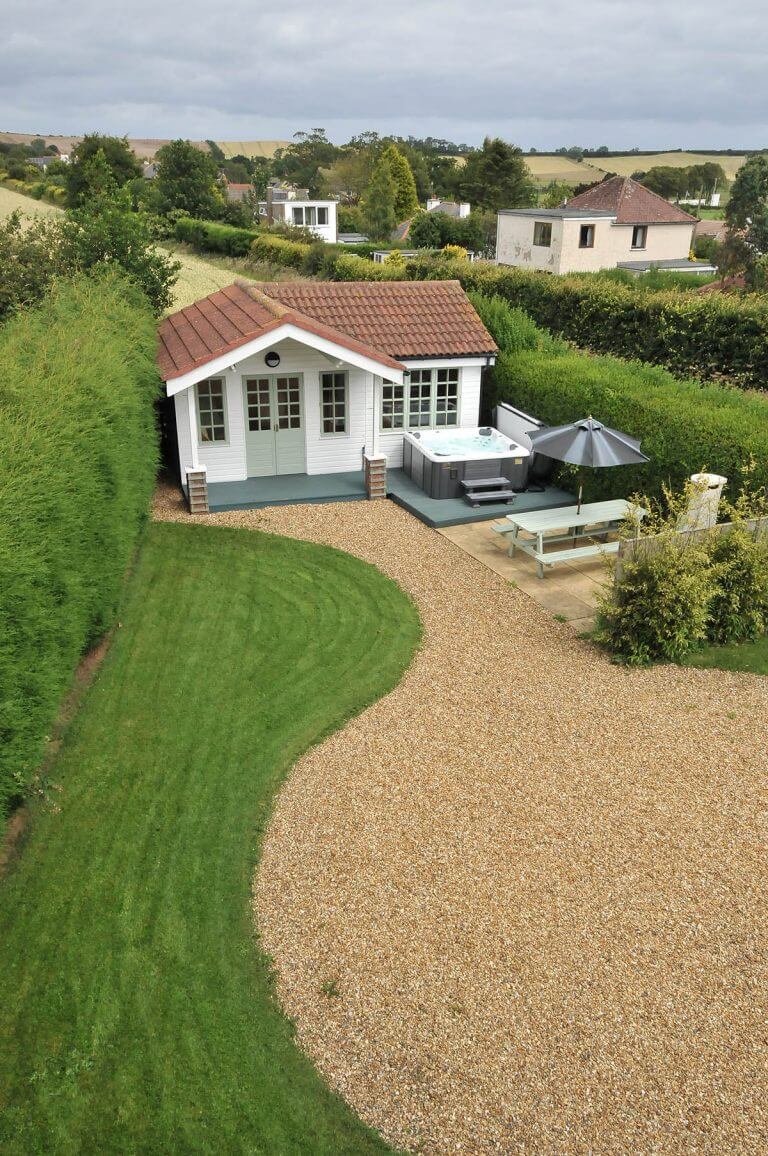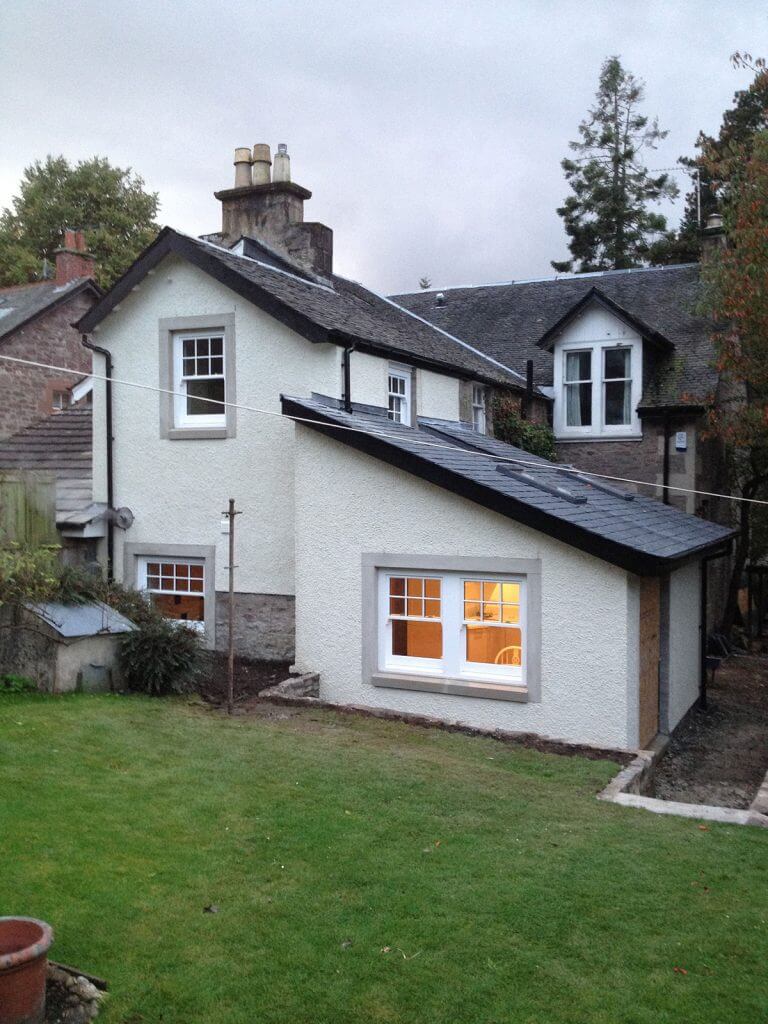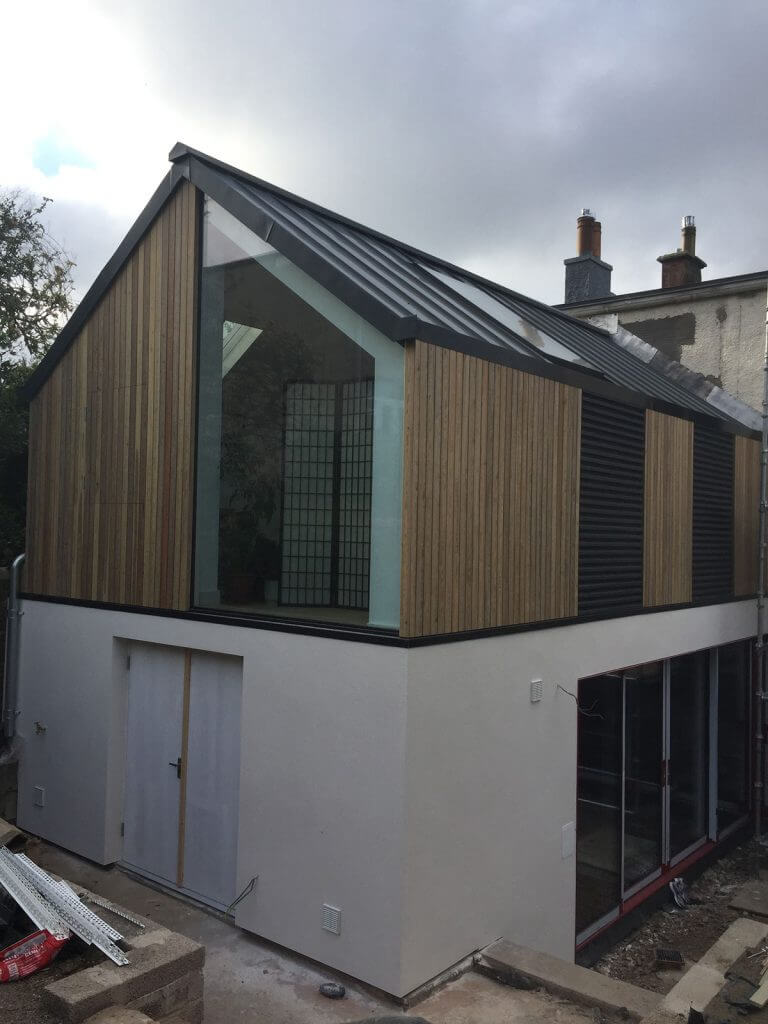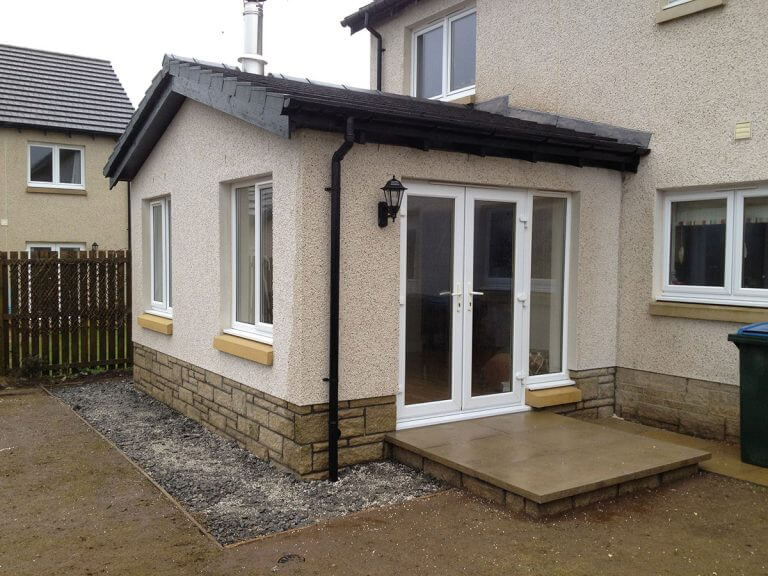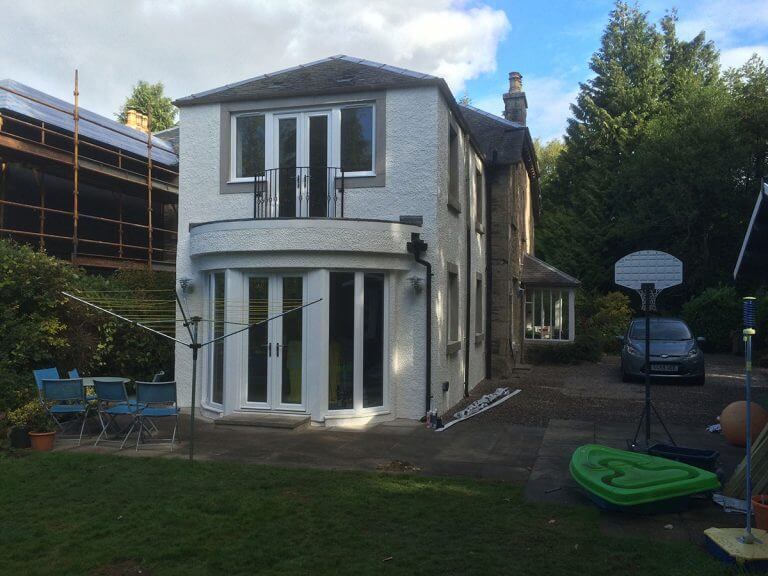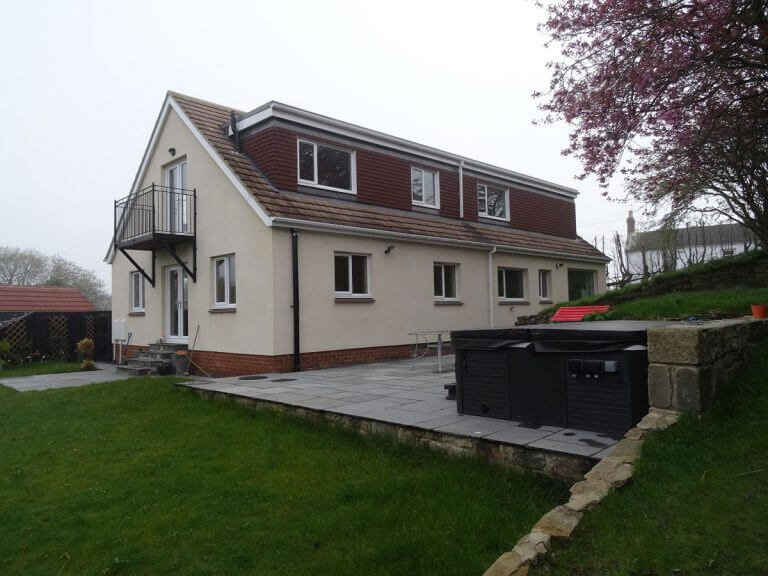House Extensions
A house extension can be an ideal way to add extra living space to your home without having to move or spend thousands on building work. It might also provide you with additional income by renting out the new space.
Choose an Architect You Can Trust
Choosing an architect is one of the most important decisions you will make during the construction process. They will play a key role in ensuring everything goes smoothly and that your project runs as planned.
If you’re planning to build a new extension, you’ll need to choose an architect who has experience with building extensions. You should ask them how much experience they have with extensions and whether they’ve worked on similar projects in the past. They should also be able to provide references from previous clients. This will give you a good idea of how well they work with others and what kind of projects they’ve completed.
Building Regulations
Before starting any work, make sure you understand what’s required by law and what’s recommended by the local council. This includes things like building regulations, fire safety, and planning permission.
You should check with your local council to see whether there’s any planning permission required for your project. If you’re going to use bricks and mortar, make sure you choose a reputable builder who has been awarded a certificate of building competence.
How Much Does a House Extension Cost?
There are many ways to extend your home, with some costing less than others. Loft conversions and attic conversions are relatively simple projects that involve extending the roofline of your existing structure.
They usually require minimal planning and construction costs, although there will be additional fees associated with obtaining planning permission. Basement extensions are more complex and expensive, requiring planning permission and structural alterations to your home.
Which Type of House Extension is Right for Me?
If you’re looking to extend your home, consider whether you need a loft conversion, basement extension, or attic conversion. These options offer varying levels of cost and complexity, so make sure you consider what you need before making any decisions.
Planning your extension will help you make sure it fits with your lifestyle and budget. You should also think about how much space you need and what kind of layout you want. This will help you decide where to place your new rooms and how big they should be.
Buildings Insurance Cover
If you’re planning to extend your home, make sure you take out insurance cover. This will protect you against unforeseen costs such as structural damage caused by subsidence (the sinking of land) or flooding.
You should also consider how much you would spend on repairs if you didn’t have insurance. It’s not just the cost of materials that will be affected; you might also have to pay for labour costs, too.
If you do decide to go ahead with the work, make sure you take out an insurance policy to cover any potential damage. This will protect you against unexpected expenses and help you avoid having to pay for repairs yourself.
Help You Sell Quickly
House extensions are a popular choice among homeowners who want to improve their homes’ appearance and functionality. If you’re thinking about adding one, here are some reasons why you should consider it.
Add Space & Amenities
Boost Your Resale Price
Create More Living Area
Even though the prospect of building a house extension can seem a little daunting, Kaybee Builders are supremely qualified to help you every step of the way. Our professional and friendly team will handle each phase of your building project, coordinating schedules and workflow to ensure timely completion and help you realise the goal of your ideal home.
Get in touch today to discuss your requirements.
Recent Extensions by Kaybee Builders
